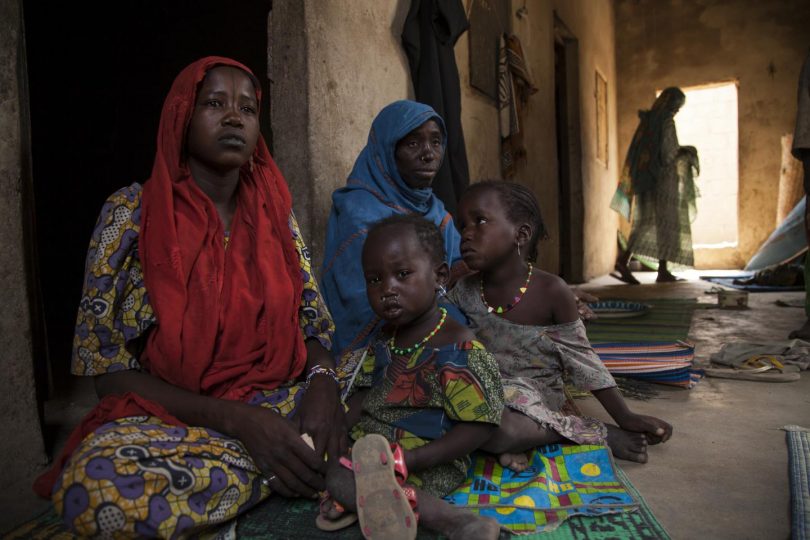On the last day of May 2021, the major news that made rounds across Nigeria have headlines about the kidnapping of over 200 students in Niger state, prominent people killed by unknown gunmen, policeman killed as bandits burn down another police station, INEC office razed in South-east again, among other sad stories of insecurity.
This is the context for defining everyday Nigerian life as no state is immune from violence, insecurity and other factors that threaten the sovereignty of the country. States are ranked as either strong, weak, failed or collapsed premised on how possible it is for the government to deliver political goods when a reasonable measure of security has been sustained. Recent happenings have exposed the inability of the Buhari-led government to protect the security of Nigerians, making pundits, political and security analysts refer to Nigeria as a failed state, but is this true?
The Fragile States Index, an annual publication identifies and highlights pressures that states experience which can make or mar peaceful coexistence within it. The recent data using indicators like cohesion, economic, social, and political factors ranks Nigeria as the 12th most fragile state in the world. Though, the five-year trend shows that it has a -5.5% change moving from 14th, 13th, 18th and back to 14th between 2015 and 2020. But, there is a need to examine current realities of Nigeria and Nigerians.
Source: Fund For Peace
The Cohesion indicators focuses on Security Apparatus, Factionalized Elites and Group Grievance. Nigeria’s security apparatus is under serious threat at the moment, considering the incessant bombings and attacks by terrorist group, Boko Haram, as well as the recent attacks in all regions by bandits, unknown gunmen, IPOB’s Eastern Security Network (ESN) and kidnapping for ransom which has become brisk business all due to the weakness of the country’s security system.
On factionalized elites, the country has a glaringly divisive face as federal character principle has been jettisoned in favour of the administration’s favouritism appointment within MDAs and governmental institutions. This has led to certain group grievances calling for secession to form IPOB and Oduduwa Republic.
On Nigeria’s economic indicator, the data on inflation presented below within the last six years showed an increase between 3% to 13% within the four sectors highlighted. In the same vein, each sector of the economy within six years of change in administration has had shortfalls from agriculture, industry, services, petroleum, construction, trade to education.
Source: StatiSense
Unemployment, which was pegged at 5.53 million in 2015 has increased to 23.19 million in 2021 while poverty continues to increase, having suffered two economic recession within the same period. Because of this reality, a high proportion of highly skilled graduates, youths and professionals are making an effort to leave the country.
Nigeria’s political indicators have shown that state legitimacy is under threat judging by the incessant decline in electoral voting, rise in election violence, massive rigging and citizen’s distrust in electoral process. Also, public services are at an all-time decline due to corruption, mismanagement and relatively reduced service delivery. In the midst of all these, violation of human rights and lack of respect for rule of law is the order of the day within Nigeria.
High population growth rate in Nigeria coupled with skewed distribution of resources points to a serious social issue within the country. Added to this, internally displaced persons (IDPs) are on the rise due to banditry, communal clashes and Boko Haram activities in certain regions of the country. Desertification, drought, malnutrition and food insecurity is becoming a serious problem in the country as farmers are abandoning their farms due to insecurity.
Following the analysis of these indicators, it is clear how Nigeria has become more fragile through the years. However, it is certainly not a failed state. Why? There is still a standing government structure and institutions within the nation, however, there is a need for strong will from the political leaders and citizenry to steer it away from being a failed state edging towards a collapsed one.
More than ever, the current administration needs to negotiate its way out of these realities by: parleying with the aggrieved groups calling for secession; repositioning and strengthening military and security agencies lacking in their duties; gaining citizen trust through re-orientation and total constitution re-draft or review; re-navigating arms and institutions of government to mirror the diverse feature of the nation; and re-working the economy to grow, develop and become self-sufficient.


